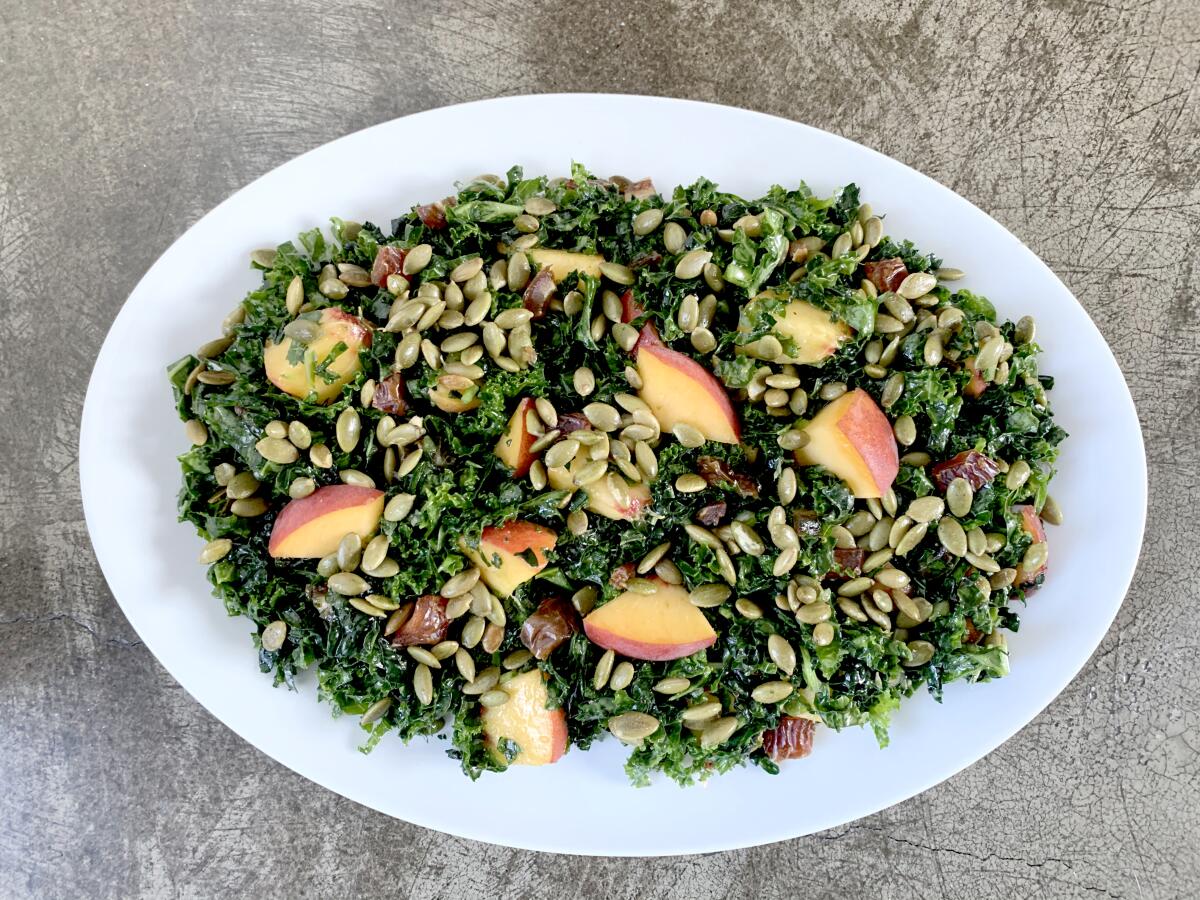A Word, Please: Grammar rules change over time, and many of them aren’t even real

About a decade ago, I read a blog written by a linguistics student who proclaimed, “Prescriptivism must die!!!”
He was talking about the school of thought that believes that textbooks and other language authorities should lay down rules about how to use certain words and grammatical structures. This school of thought, which ruled the day in the 1950s and ’60s, says we need a Big Book of Grammar No-Nos and that everyone who doesn’t follow those rules is wrong.
The alternative to prescriptivism is descriptivism, which points out that language rules aren’t static and can’t be forced. What was wrong a century or two ago is right today. For example, the word “girl” used to mean a child of either sex. So it would have been wrong to insist “girl” referred specifically to a female child. Our language is always in flux, with every word in transition between incorrect and correct. So it doesn’t make sense to insist that “cool” is a temperature and not a state of Fonziness.
Some say this is linguistic anarchy. Not true. Descriptivism recognizes that language has rules. They’re just more liquid than prescriptivists would like. And those rules are made by everyone who speaks the language, not a few tweedy academics trying to boss everyone else around.
A look at four verbs with past tenses that can trip up even the savviest editor.
Still, I disagreed with the blogger. Being older than him, I could see clearly that “prescriptivism must die” was a bad take. It didn’t need any help dying. It already had one foot in the grave. Prescriptivist rules I’d been hearing for years were falling out of favor and they continue to.
Here are some of the supposed rules I used to hear a lot and don’t hear much anymore.
Don’t split an infinitive. People used to say that “to boldly go” was a grammatical error because the adverb is sandwiched between infinitive “to” and the base verb “go,” theoretically splitting that infinitive. But there’s no such rule and never has been. If there were, you’d have to say, “He seems really to like pizza” instead of “He seems to really like pizza.”
Don’t end a sentence with a preposition. Sometimes, a preposition like “with” or “to” or “at” is terrible at the end of a sentence. “Who have you been talking so loudly and rudely that neighbors two blocks away can hear you to?” But the only rules that apply here are common sense and clear communication. “Who have you been talking to” is fine with “to” at the end as long as the sentence works.
Don’t start a sentence with “and.” You can see the logic behind this one. “And” links things, so when you start a sentence with “and” you’re bisecting an idea. But that’s not quite how it works. Yes, “and” can link things within sentences. But it can also link things between sentences. So it’s fine to say, “Jane’s a good worker. And she’s punctual, too.” But here’s something to consider: When I’m editing articles, I usually take out the “ands” at the heads of sentences. The reason? Unnecessary words are, well, unnecessary. Lop off an “and” at the beginning of the sentence and you usually end up with a more efficient sentence.
Don’t use “healthy” to mean “healthful.” A while back, “healthful” was the favored term for something that promotes good health: a healthful diet. “Healthy” was what you became when you ate a healthful diet. Check any dictionary and you’ll see that’s not the case. Healthy can mean healthful.
Don’t use “none” with a plural verb. Some people insist that, because “none” means “not one,” it requires a singular verb. “Of all these shirts, none is the right size” suggests “not one is the right size.” By this reasoning, you can’t say “Of all these shirts, none are the right size.” However, “none” doesn’t only mean “not one.” It also means “not any,” which does take a plural verb. So just use your best judgment.
June Casagrande is the author of “The Joy of Syntax: A Simple Guide for All the Language You Know You Should Know.” She can be reached at JuneTCN@aol.com.
All the latest on Orange County from Orange County.
Get our free TimesOC newsletter.
You may occasionally receive promotional content from the Daily Pilot.




